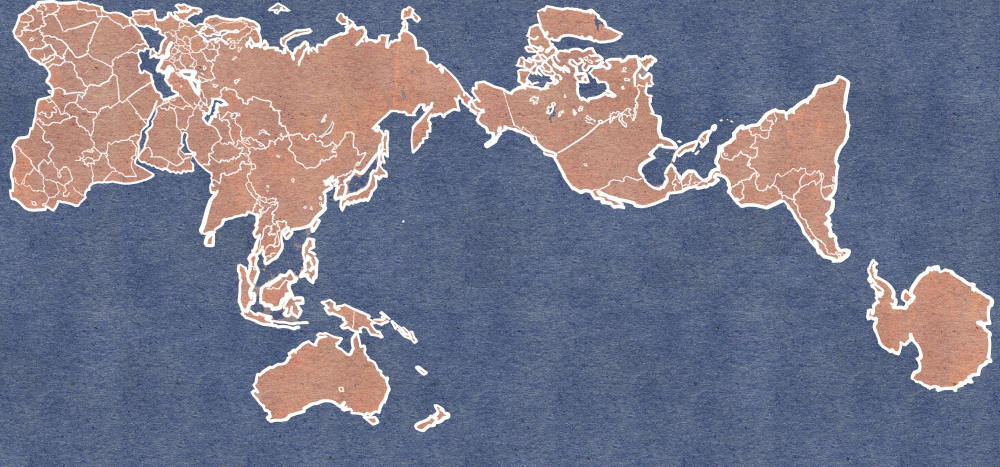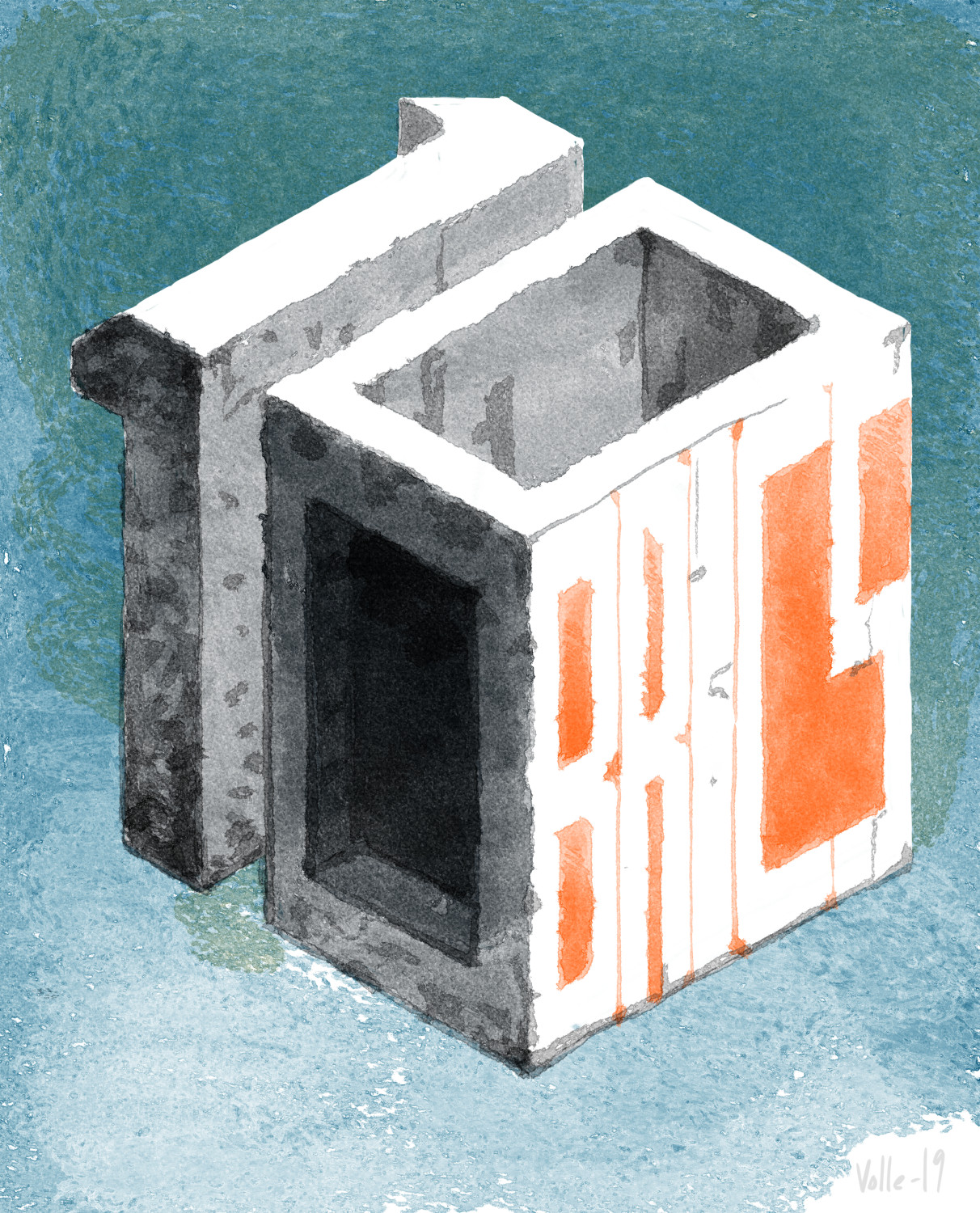Gabriel Rached writes about BRICS Academic Forum and what inputs it provides for the upcoming BRICS Summit.
On 2019 BRICS Agreements are celebrating 10 years. As part of the 11th BRICS Summit that will be hosted in Brasilia on the 13th and 14th of November at Itamaraty – headquarters of the Brazilian Ministry of Foreign Affairs – some pre-events are already happening in order to bring together and organize the priorities on thematics and subjects to be discussed at the main Summit.
One of these previous events to the main Summit is the BRICS Academic Forum, on the 2019 edition entitled “Searching for new ways of cooperation and development”, organized by IPEA – Brazilian Think Tank for BRICS – that happened on 11 and 12 September in Brasilia. In this meeting, many topics were discussed by representatives from the 5 members countries and it was divided in three main parts: 1) Financing Development; 2) Investment Agenda; and 3) Cooperation on Science, Technology and Innovation between member countries.
On the first part of the event, related to “Challenges for Development financing in BRICS”, the representatives debated about the insertion of New Development Bank on the multilateral arrangement, co-financing models with other international institutions and the scenarios in the case of reduction of US dollar dominance on the international arena. The low disbursement amount of the Bank as an institution aspiring to perform at global level and the need of directing part of the activity of the Bank to promote higher level of manufacture and industrialization, still a gap for members countries, were also discussed. The object in these discussions was to make the Bank more relevant to internal reality of the members.
The second part of the event, dealing with “BRICS trade and investment agenda”, the representatives were discussing the possibility of enforcing a free trade area to stimulate intra-BRICS commerce with an implementation time that would last around 10 years from the process start. The idea is to begin with tariff reduction until it finally comes to zero in a period between 10 to 12 years. According to the debate, each country would win in some sectors and loose in others, but in the average all the member countries could benefit from supporting the intra-BRICS free trade platform. Issues like combating inequality among BRICS citizens, official support for creating employment, implementation of BRICS Visa for business and academic purposes were also discussed in order to stimulate free movement of the people within the block.
The third part of the event, debating “BRICS cooperation on Science, Technology and Innovation” brought to the scene the relevance of technology and innovation for social infrastructure investments, in the sense that public services represent a neglected area in BRICS countries conjuncture. In this direction, technology could represent an important tool to promote social inclusion and cooperation within the block. New (4TH) Industrial Revolution, Digital Economy, development of a common and shared information platform for Universities, co-financing research projects, and increasing e-commerce, were some of the topics that were debated in order to influence and encourage policy makers from the block in order to promote inclusiveness.
For all the issues above, the conveners mentioned the relevance of New Development Bank on fostering investments on these areas and how important it is to create a reliable environment for cooperation and sharing innovative ideas within the block. In addition, transparency, ethics and digital economy regulation were also present throughout the discussions, in the direction of finding ways to balance national interests with block cooperation – meaning the common interests of the block as a whole in confluence with capable State’s performance.
Although the whole Forum was taken by representatives from the five members, doing their effort on sharing each country perspective on debated topics, the impression was that in several issues they were presenting their local experience on the subject but were not reaching the fundamental for a pragmatic cooperation process: an effective dialogue and crossed-interaction between them.
Beyond that, in line with the discussions that were purposed for this edition of the BRICS Academic Forum, the Brazilian Presidency for the BRICS on 2019 presented for this year’s main Summit the following theme: “BRICS: economic growth for an innovative future” that would hold debates on :
1) Strengthening of the cooperation in Science, technology and innovation;
2) Enhancement of the cooperation on digital economy; and
3) Encouragement to the rapprochement between the New Development Bank (NDB) and the BRICS Business Council.
Considering the fact that Brazilian President is a controversial political figure and not exactly identified as a supporter of the BRICS Project – giving signs of major alignment with US agenda than with the Global South issues – it would be interesting to follow how the main Summit next November is going to be developed and if BRICS Agreements would win or lose significance after this meeting.



